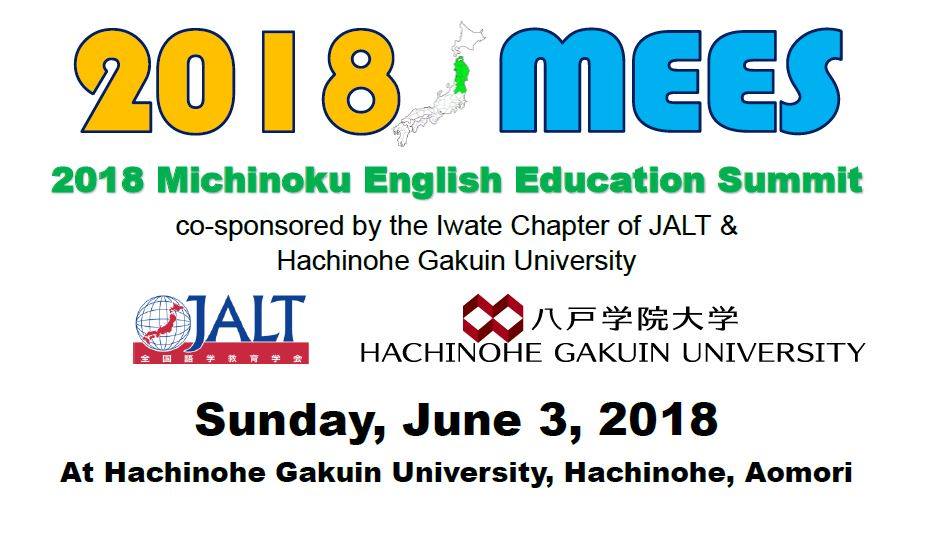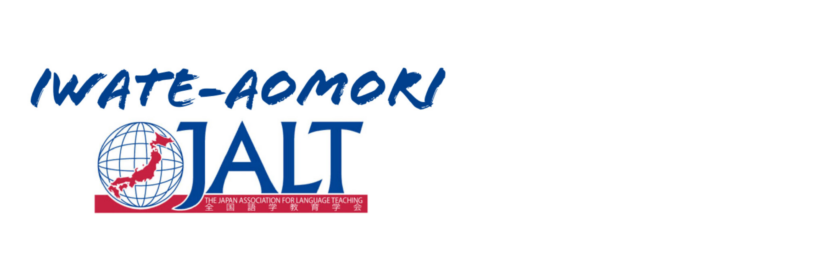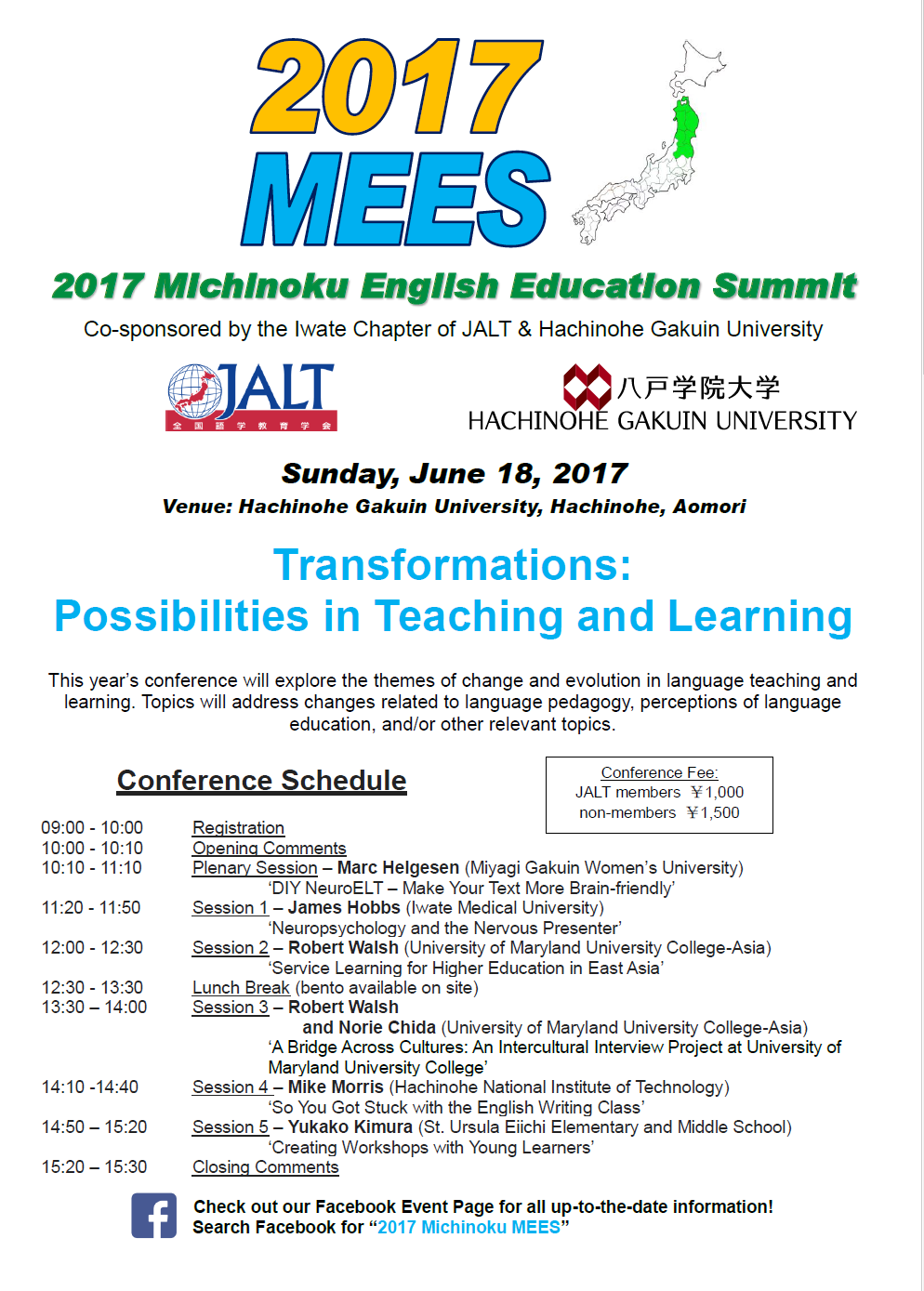
We are excited to announce Gregory Sholdt of Kobe University as our 2018 MEES plenary speaker!
よろしくお願いします!
Plenary Title:
Exploring Avenues of Insight into Our Classrooms: Let’s Take a Look at the Numbers
Summary:
Making adjustments based on informal observations of teaching and learning is second nature for most experienced, reflective language teachers. Yet, engaging in more systematic cycles of observation and change through action research can guide teachers to more refined and deeper understandings of their craft and significant improvements in their classrooms. Action research also provides an entry to academic discourse on language teaching and learning when teachers share their findings through conference presentations and published manuscripts. The goal of this talk is to explore these professional benefits for language teachers and to introduce an approach to doing action research that fosters knowledge and skills necessary for more traditional research studies, particularly those involving quantitative methods. The presenter will review standard action research methods and describe how to adjust them to emphasize the collection and analysis of quantitative classroom data. He will introduce some fundamental topics in quantitative methods including basic measurement theory and interpretation of descriptive statistics in order to demonstrate the benefits and limitations of working with numbers in action research. Resources outlining specific types of quantitative data readily available in classrooms and techniques for basic data analysis will be provided. During this relaxed, fun, and interactive talk, participants will have opportunities to share about their own research endeavors, get first hand experience with the fascinating world of statistical analysis, and consider ways to incorporate quantitative data in their own action research projects.
Greg’s Bio:
Gregory Sholdt teaches in the School of Languages and Communication at Kobe University. His interests include professional development, classroom-based research methods, English for academic purposes, and fluency instruction. Based on his graduate studies in Educational Psychology and experience teaching introductory statistics courses at the University of Hawaii, he has been exploring innovative approaches to professional development for teachers through classroom-based research. He has been encouraging, guiding, and supporting language teachers in Japan as they work towards building knowledge and gaining skills fundamental to conducting classroom-based quantitative research. Along with presentations, workshops, and online instruction, he has planned and executed large-scale, yearlong projects that center on collaborative professional development through shared research experience and have involved nearly one hundred language teachers across the country. He currently serves as a Consulting Editor for the JALT Journal and the Chair of the JALT Research Grants Committee.

